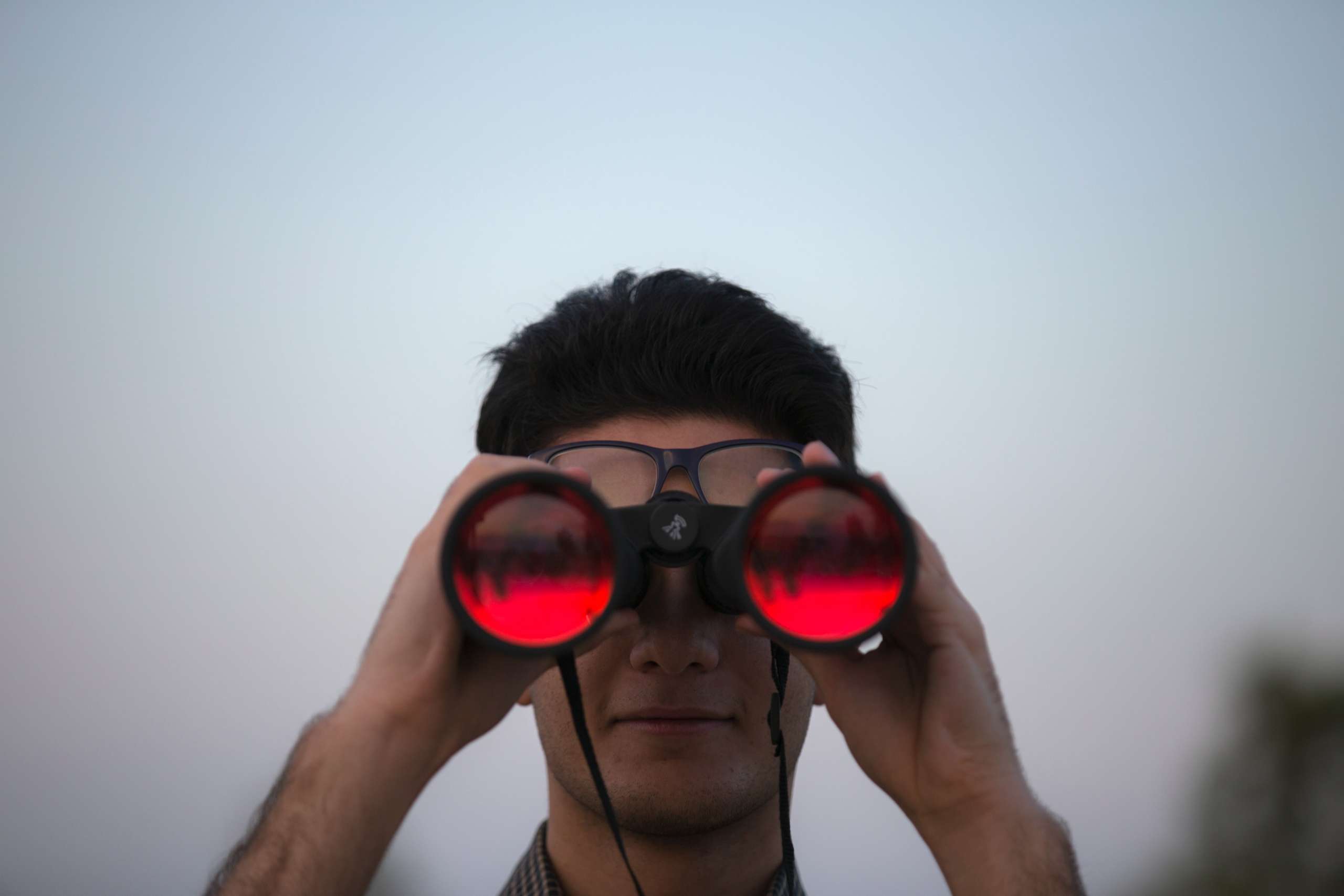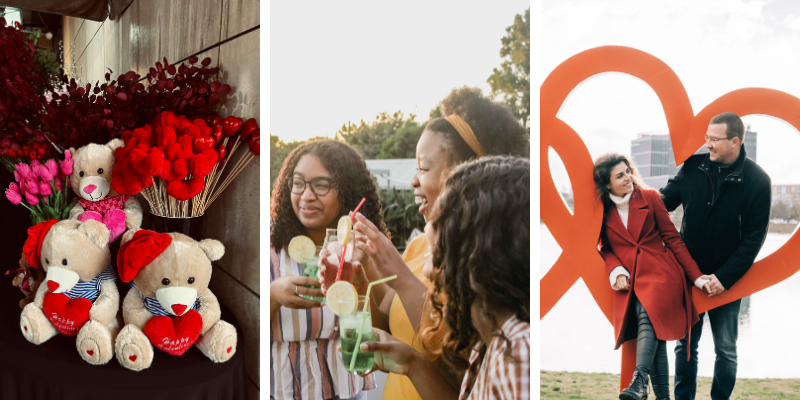If you told us a year ago we’d all be Zoom-ing our Thanksgiving dinners or that not a single fan would be in attendance at the World Series, we would never have believed you. No one predicted how strange and unusual 2020 would be.
Now, with promising vaccines making swift progress, we will hopefully see fewer restrictions on in-person events in 2021 as it becomes safer for people to gather together once again.
But does this mean everything will go back to the way it was before?
No way. Parts of our culture have been forever impacted by the pandemic, and not all of those changes are bad. Based on the ticket purchasing and event data we’ve seen so far in 2020, and feedback from real guests, here are our 8 predictions for what events will look like in 2021.
1. Large-scale events are forever changed
Yes, we will have live concerts again. We will have fans in the stands at sporting events. But they might not look the way you expected when these large-scale events return.
Even when it may no longer be necessary to stay six feet away from each other, the impact of the pandemic has changed how we feel about crowds, cleanliness, and health. Our expectations for sanitizing tables in between guest uses, temperature checks or health screenings prior to entry, and social distancing may not change as much as you think when a vaccine is widely available. Large venues will need to invest in additional staff, training, and testing to meet the new standards.
Social distancing will continue to be a big part of our lives at least into the third quarter of 2021. For example, we’re already seeing spring sports teams plan Social Distance Seat Selection into their seating charts for the upcoming season. Social Distance Seating is a Passage feature which automatically blocks off a given number of spaces when a guest makes their seat selection online. It’s a great way to help ensure social distancing at your event, and to make guests feel confident that your event is safe to attend.
2. Hybrid events are the future
It’s unlikely we’ll see any major events that don’t have a virtual component in 2021.
We saw a big surge in virtual events over the summer, as Americans looked for live entertainment options without leaving their homes. But there’s no sign of it slowing down, even as in-person gatherings become safe again. We’ve uncovered an entirely new market for in-home entertainment. The future of events is hybrid: in-person events with a livestreamed and/or on-demand video component.
Demand for a virtual attendance option will continue to rise. Virtual access helps accommodate:
- Guests who can’t get tickets to a sold-out event or show;
- Guests who are unable to travel to an event outside their hometowns;
- Guests who are immunocompromised, or don’t feel comfortable visiting an in-person venue.
A virtual access option isn’t just about necessity; it’s about guest comfort and demand. With virtual access:
- Guests can control the environment, volume, and crowd in their own homes.
- There’s often a lower price point, which many guests see as a better value or more accessible than a pricier in-person ticket. They can attend events more often with a virtual ticket.
3. The music industry will undergo a revolution
The challenges of 2020 have also introduced new opportunities for artists to cut out the middlemen and start connecting with their fans directly.
As audio equipment becomes more accessible and more affordable, producing and releasing your own music has become more realistic for independent artists around the world.
Streaming also allows artists to reach fans all around the world (or for new fans to discover their next favorite artists). Folks who live hundreds of miles away may not be able to make it to an in-person show, but they could stream it live from their homes. Even as venues start to reopen, virtual performances will continue to be popular for fans who can’t make it in person.
This means artists will have more control over the fan relationship, weakening the power venues, promoters, and big box ticketing providers previously held in recent years. These businesses will need to adapt or fold as the industry undergoes a revolution in music production and
distribution.
4. Contactless Payments will be the default
Demand for contactless payment options has been steadily increasing over the past several years, but it became a business necessity in the midst of the pandemic.
Contactless payments are more convenient for the consumer and a bigger revenue driver for the business. It’s estimated that contactless payments work twice as fast as traditional credit cards, so you can keep wait times shorter at the concessions stands and serve more guests in less time. The average transaction value also increases with contactless payments.
Passage works with contactless payments! Schedule an onboarding call with our team to get your ticketing and payments set up. We’ll do all the legwork for you!
Transitioning to video-on-demand (VOD) doesn’t mean the quality of or demand for virtual events is waning. The opposite, actually. We’re seeing more and more ticket purchasers look for added convenience and flexibility with virtual performances: they want to experience their favorite events from the comfort of home when it’s convenient for them and in a space where they can control the environment, from sound to lighting, seating, snacks, and bathroom breaks.
In 2021, we’ll see more events live-record and re-stream their virtual events, offering guests the option to purchase stream access and replay it at their convenience. It benefits both parties: guests can attend whenever and wherever they want, and event producers gain ticket revenue from virtually unlimited audiences without the added cost of a larger venue.
6. More affordable price points
Millions of people are still unemployed as a result of the pandemic. Spending $400 on a single concert ticket just isn’t realistic for many of us. Plus, our priorities have changed. The pandemic made clear to many of us what’s really important in life and what is worth spending our money on.
That doesn’t mean guests will be completely unwilling to pay for special experiences. On the contrary. We’ll be more willing to spend money on exclusive access, upgraded experiences, and smaller VIP gatherings. Guests no longer want to be just one in the crowd; we want to spend our money on memorable, one-of-a-kind experiences that truly reflect the things we care about and the entertainment we love. But we’ll be less likely to waste time and money on things that don’t bring us joy.
Virtual access and hybrid events will help meet this demand; price points for virtual access are generally lower and don’t require guests to travel, pay for parking, or purchase food and beverages on-site.
7. Guests will demand quality
As virtual access becomes more mainstream, we have more choices when it comes to the events we attend and the tickets we spend our money on. Guests will expect higher quality with virtual events as the equipment and software become better and more affordable. Just turning on a webcam and streaming from a nondescript room isn’t going to cut it.
This will be true for in-person gatherings as well. If guests can attend from the comfort of home at a lower price point, what are you doing on-site to make the experience worth their time and money? The option to overpay for drinks and be smushed in a crowd of sweaty strangers isn’t going to cut it. Event producers will need to rethink the guest experience and adapt to the new, higher expectations.
8. Even our lines will be virtual
Standing in line is soooo 2019.
In 2020, we saw a record number of events using virtual queues to manage guest flow. It’s a benefit both to the guest, who hates waiting in line and to the event: when guests spend less time in line, they spend more time, well, spending. Shorter wait times free up guests to purchase merchandise, concessions, and add-ons within your event.
This trend will only become more mainstream in 2021. Guests value their time more than ever, and access to virtual queuing is simpler and more affordable for events. We’ll see more event producers incorporating this strategy into their planning.
What do you think of our 2021 predictions? Let us know in the comments!












